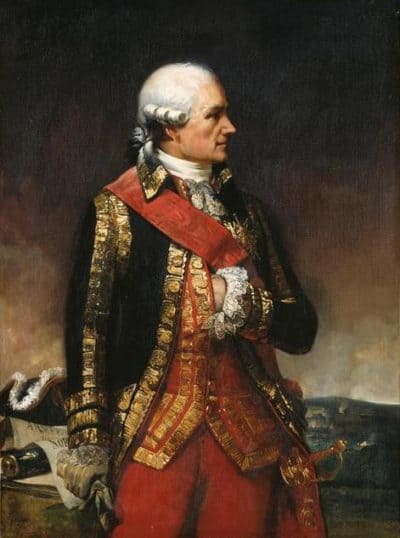Why do People call Rock Paper Scissors Roshambo.
Rock Paper Scissors, the classic hand game, is sometimes referred to by different names such as “roshambo,” “rochambeau,” or “ro sham bo.” The origins behind this alternate naming can be quite intriguing, similar to the question of why paper beats rock.
Why is Rock Paper Scissors called Roshambo? In the United States, the term “Roshambo” is predominantly used on the West Coast, particularly in Northern California. According to certain legends, the term “Roshambo” can be traced back to the Comte de Rochambeau, a French nobleman who fought against the British during the Revolutionary War (and is mentioned in the hit musical, Hamilton). His name was employed as a code word during the Battle of Yorktown, where he commanded French troops.
However, there is no historical evidence linking the name to the Revolutionary War era. The first known use of “roshambo” as a synonym for the Rock Paper Scissors game appeared in a 1936 book titled The Handbook for Recreation Leaders, published in Oakland, California. The term was spelled “ro-sham-beau” in the book, which only adds to the confusion.
The World Rock Paper Scissors Association has found no evidence to suggest that the Comte de Rochambeau was involved with the game of Rock Paper Scissors. Examining the history of Rock Paper Scissors reveals that versions of the game originated in China around 1600 before spreading to Japan, where it was called “Jon Ken Pon.” The Japanese game eventually reached Europe in the early 20th century and arrived in the United States by the 1930s.
Alternative Theories for the Origin of Roshambo
One theory for the origin of the term “Roshambo” is related to the large East Asian immigrant population in the San Francisco area. It is possible that children in the Bay Area during the early 1930s, who were playing Rock Paper Scissors or “Jon Ken Pon,” decided to Americanize the name. While there is limited historical evidence to trace this change, perhaps these children combined their knowledge of the Revolutionary War from history class with a similar-sounding word, ultimately creating “roshambo.”
It is worth noting that the origin of alternative names for Rock Paper Scissors, including “Roshambo,” remains uncertain and speculative. There could be other theories or local explanations for the use of this term that are not widely known or documented. Overall, the article provides a solid foundation for understanding the popular naming variations for Rock Paper Scissors while acknowledging that the exact origins of the term “Roshambo” remain elusive.

Who is Jean Baptiste Rochambeau?
Jean Baptiste Donatien de Vimeur, better known as Comte de Rochambeau, was a distinguished French general who played a significant role in the American Revolution. Sent by King Louis XVI to command an army in support of George Washington, Rochambeau was instrumental in securing the surrender of British General Cornwallis in Yorktown, effectively ending the war. However, the association between Rochambeau and the game of Rock Paper Scissors remains an enigma.
Born on July 1, 1725, Jean Baptiste Rochambeau was a French military general who made a name for himself during the American Revolution. He was highly regarded for his military acumen, leading King Louis XVI to appoint him as a knight of the Saint Esprit and later as governor of Picardy and Artois.
The Mystery of Rock Paper Scissors and Rochambeau
The connection between the game of Rock Paper Scissors and the name “Rochambeau” remains shrouded in mystery. There is no solid evidence linking the two, but the coincidence has led some to speculate about how the decisive victory in Yorktown was achieved. Could it be that George Washington and his allies settled the matter over a game of Rock Paper Scissors?
The Many Variations of the Name
The name “Rochambeau” has several variations when used to describe the game of Rock Paper Scissors, including “Roshambo,” “Rochambo,” and “Ro Sham Bo.” The origin of these variations and their popularity in different regions is unclear, adding another layer of intrigue to the story. For now, though, the classic name “Rock Paper Scissors” remains the most widely recognized and understood moniker for the game.
Jean Baptiste Rochambeau was an influential French general who helped shape the outcome of the American Revolution. His connection to the game of Rock Paper Scissors, however, remains an enigmatic and fascinating aspect of his legacy. We are still trying to figure out what is the most popular variation of the name. Is it Roshambo, Rochambo, Rochambeau or Ro Sham Bo? It’s all too confusing to us and we will stick to Rock Paper Scissors.